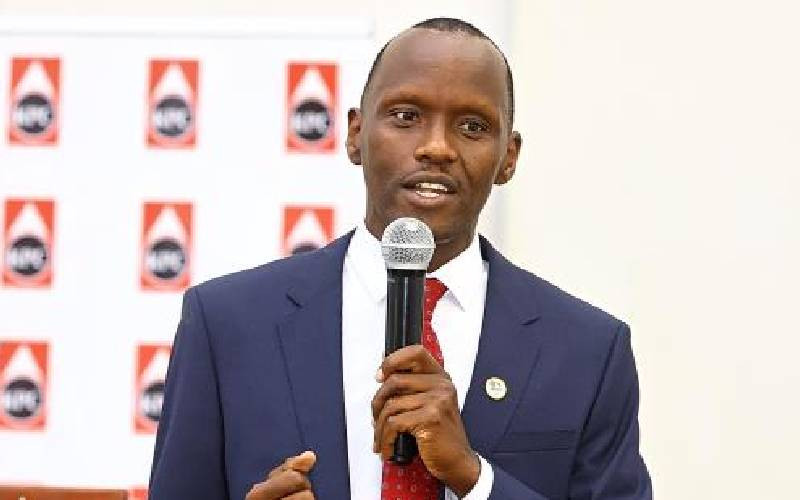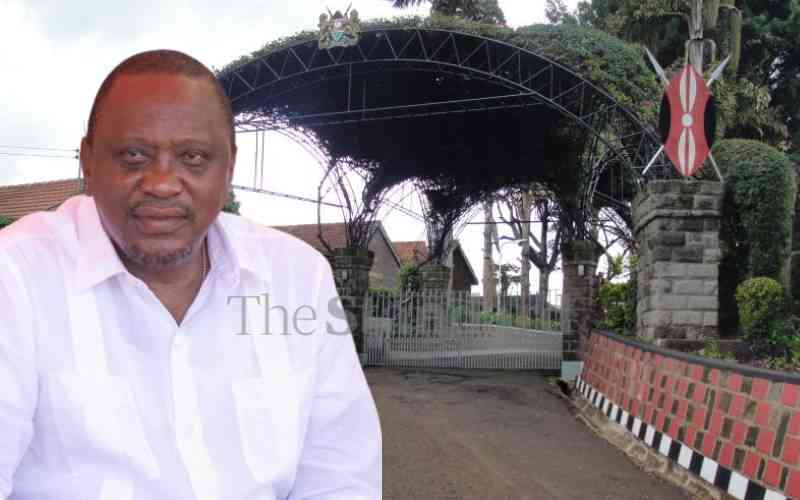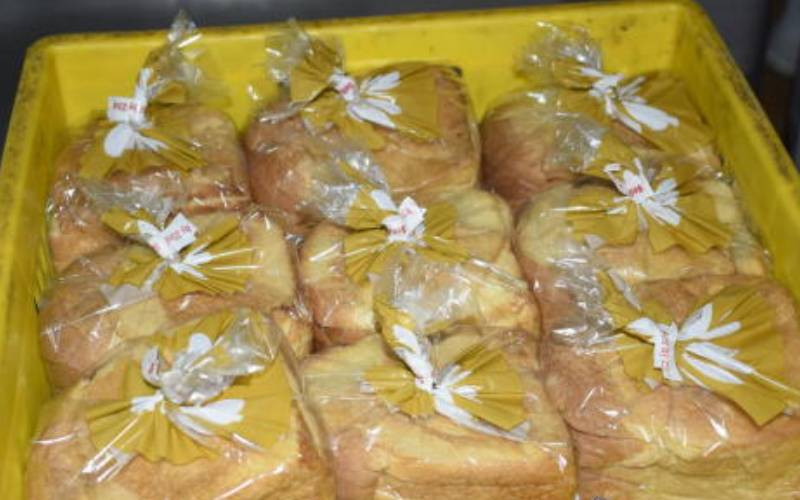NAIROBI: Top officials at the National Treasury are facing a new headache following yesterday's landmark ruling that blew an estimated Sh120 billion hole the budget.
And Teachers Service Commission (TSC) officials went into a crisis meeting to review the development.
"It will have huge implications for our budgets. By how much, I do not know yet," TSC Chairperson Lydia Nzomo told The Standard yesterday before heading to a crisis meeting.
Coming right at the start of the new financial year, the ruling by the Industrial Court presents the biggest nightmare for President Uhuru Kenyatta's administration yet, which is already grappling with a budget deficit.
Several development projects may have to be withdrawn to accommodate the huge spending, with increase of taxes and large-scale borrowing also likely be on the cards.
Already, National Treasury Cabinet Secretary Henry Rotich and his team are thinking through how raise nearly Sh570 billion, which the Government plans to spend but does not have.
Mr Rotich was also said to be in meetings all day, while calls to several of his juniors also went unanswered.
Education Cabinet Secretary Jacob Kaimenyi was also in a meeting all afternoon and could not respond to our inquiries.
State House Spokesman Manoah Esipisu had not responded to our queries about the other options available to the Government by the time of going to press.
In his ruling earlier yesterday, Justice Nduma Nderi directed National Treasury to settle the benefits immediately. The award will see nearly 290,000 teachers in the country get a pay rise of between 50 and 60 per cent, which would be backdated to July 1, 2013.
UNPAID DUES
Estimates from TSC's annual spending on salaries indicate teachers are owed upwards of Sh59.5 billion a year in unpaid dues.
This means that the State must raise about Sh120 billion that the judge said the teachers should be paid. The Government expects financed more than a quarter of the 2015-2016 budget through borrowing.
In his budget speech, Rotich said he planned to borrow from the international markets to keep interest rates at home low.
About Sh330 billion would be raised from lenders in foreign financial markets and the balance through issuance of treasury bonds.
Stay informed. Subscribe to our newsletter
 The Standard Group Plc is a
multi-media organization with investments in media platforms spanning newspaper
print operations, television, radio broadcasting, digital and online services. The
Standard Group is recognized as a leading multi-media house in Kenya with a key
influence in matters of national and international interest.
The Standard Group Plc is a
multi-media organization with investments in media platforms spanning newspaper
print operations, television, radio broadcasting, digital and online services. The
Standard Group is recognized as a leading multi-media house in Kenya with a key
influence in matters of national and international interest.
 The Standard Group Plc is a
multi-media organization with investments in media platforms spanning newspaper
print operations, television, radio broadcasting, digital and online services. The
Standard Group is recognized as a leading multi-media house in Kenya with a key
influence in matters of national and international interest.
The Standard Group Plc is a
multi-media organization with investments in media platforms spanning newspaper
print operations, television, radio broadcasting, digital and online services. The
Standard Group is recognized as a leading multi-media house in Kenya with a key
influence in matters of national and international interest.








